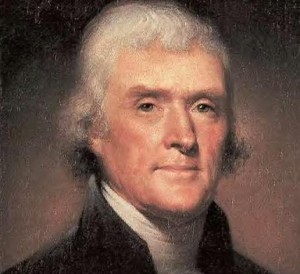 Libertarian
Libertarian
Libertarians support the maximum amount of personal and economic freedom, and in the concept of natural rights. They typically oppose most government taxes, spending, and intervention in our lives. They advocate a drastically smaller government (or complete elimination) with the sole purpose to protect our natural rights to life, liberty and property. This belief extends to foreign policy matters and in a much less active military.
Libertarians embrace laissez faire free market capitalism, promote individual freedom and personal responsibility, and generally believe all items should be legal as long as they do not violate the rights of others.
Famous Libertarians:
Thomas Jefferson, Ron Paul, Ayn Rand, Milton Friedman, John Stossel, Drew Carey, Howard Stern, Ludwig Von Mises, Peter Schiff, Murray Rothbard, and many others.
Democrat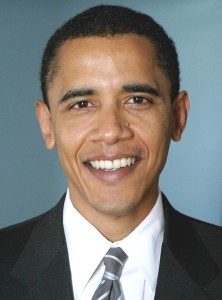
Democrats will typically embrace freedom on matters of personal choice, free expression, and defend political and civil liberties. They do however advocate government control in a number of personal areas including strong gun controls and laws against hate crimes/speech. Democrats usually advocate a less aggressive approach to military and foreign policy.
On economic matters, while most Democrats will concede some value to free markets, private property and competition, they support significant government intervention to prevent abuse, fraud and exploitation. Regulation of markets and businesses, licensing requirements, progressive taxation, and a publicly funded “safety net” to help the disadvantaged are core elements within Democratic party beliefs.
Famous Democrats:
Barack Obama, Ted Kennedy, Franklin Roosevelt (FDR), Michael Moore, George Clooney, Bill and Hillary Clinton, Nancy Pelosi
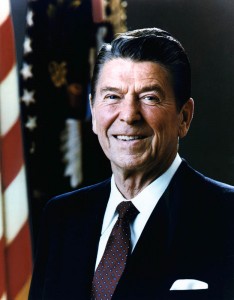 Republican
Republican
Republicans will typically embrace freedom on economic matters. While generally espousing a belief in the free markets, they do however advocate a moderate degree of government control and regulation to prevent abuse, fraud and exploitation.
On personal matters, Republicans are likely to defend traditional morals and lifestyles. They also typically prefer security over civil liberty protection. Less government interference in markets, lower taxation levels, a strong and active foreign policy, and support for the family are core Republican party beliefs.
Famous Republicans:
Ronald Reagan, Rush Limbaugh, Sean Hannity, George W Bush, Newt Gingrich
Centrist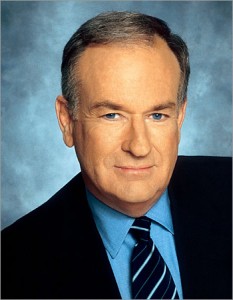
Centrists generally consider themselves pragmatic “realists”, and try to find an practical compromise or middle ground to both personal and economic topics. Their beliefs to topics will often represent the majority of the population, and also a medium level of government involvement. Centrists typically oppose political extremes or rigid ideologies, and will often vary on the level of government involvement across topics.
Famous Centrists:
Bill O’Reilly (right-leaning), John McCain, Joe Lieberman (left-leaning)
Statist
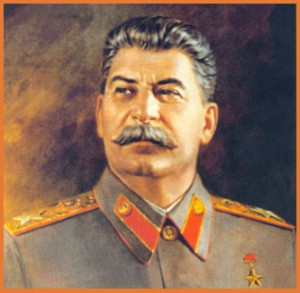 Statists advocate a very high level of government control over both personal and economic matters. They do not believe that individual freedom and free markets will produce the best results for society. Therefore, a strong government and central economic planning are advocated as the only practical way to ensure the greatest good is obtained for the greatest number of people. Communism, Socialism, and Facism are common and varying forms of statism.
Statists advocate a very high level of government control over both personal and economic matters. They do not believe that individual freedom and free markets will produce the best results for society. Therefore, a strong government and central economic planning are advocated as the only practical way to ensure the greatest good is obtained for the greatest number of people. Communism, Socialism, and Facism are common and varying forms of statism.
Famous Statists:
Stalin, Mao, Hitler, Karl Marx, Mussolini, Kim Jong-il, Fidel Castro